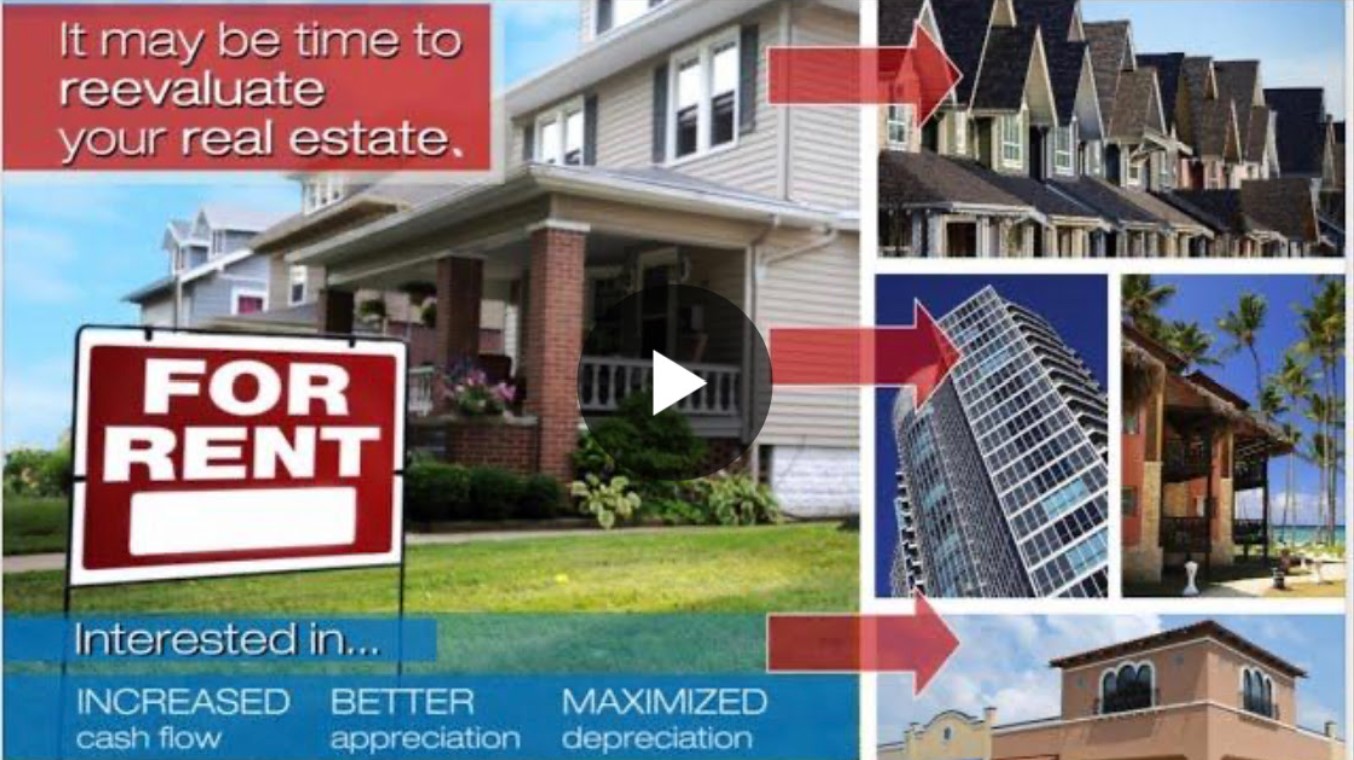By Juan Jose Cervantes, BA, Realtor®
Are you looking to sell your home this year or simply want to increase its market value? Then you’re in luck! Certain home improvements can not only make your house look better but also increase its market value. In this article, we’ll discuss a few DIY projects that have proven their worth and can help you boost your home’s value. Or, let me take care of everything. I offer you peace of mind with our exclusive RealVitalize® program.

#GotRealEstate
Make a Good First Impression in Your Entryway
Your home’s entryway is the first thing that visitors see when they enter your home, and it sets the tone for the rest of the house. A well-designed entryway can make a lasting impression and leave a good impression on visitors. Start by decluttering the area, adding a fresh coat of paint, and placing a welcome mat. You can also add a few potted plants, an interesting piece of art, or a new light fixture to add character to the space.
Spruce Up Your Outdoor Space with Lighting and Greenery

#GotRealEstate
Your home’s outdoor space is another important area that can make a big impact on its overall appearance. Start by adding some lighting to the area, such as lanterns, string lights, or wall-mounted lights. This will not only add a cozy and inviting touch but also enhance the safety and security of your home. Next, add some greenery to the area, such as potted plants, flowers, or shrubs. This will not only add some color and life to the space but also provide some privacy and help reduce noise levels.

#GotRealEstate
Create More Storage in the Kitchen with Freestanding Cabinets
If you’re like most people, you probably have a never-ending list of kitchen items that need a place to call home. Adding some freestanding cabinets to your kitchen can help you create more storage space, as well as improve the overall appearance of the room. Choose cabinets that match the style of your kitchen and add some new hardware to complete the look.
Give Your Home a Fresh Coat of Paint – Don’t Skip the Primer
A fresh coat of paint can do wonders for your home’s appearance. It can brighten up a room, make it look bigger, and even hide any imperfections. Just be sure to choose a color that complements the style of your home, and don’t skip the primer. Primer will help the paint adhere better to the surface, provide a smoother finish, and increase the durability of the paint.

#GotRealEstate
Modernize Your Kitchen with New Appliances and Hardware

#GotRealEstate
Updating your kitchen appliances and hardware can help you modernize the room and improve its overall appearance. Start by replacing your old and outdated appliances with new, energy-efficient models. Then, add some new hardware to your cabinets and drawers. Choose hardware that matches the style of your kitchen, such as brushed nickel, chrome, or brushed gold.

Dual vanity bath room
Update the Bathroom Sinks and Fixtures
Updating the sinks and fixtures in your bathroom can help you improve the overall look and functionality of the room. Start by replacing your old and outdated sink with a new one that matches the style of your bathroom. Then, add some new fixtures, such as a faucet, showerhead, and towel rack. Choose fixtures that are both functional and stylish, and make sure they match the overall style of the room.
Wood Flooring is a Smart Home Upgrade that will Always Add Value
Wood flooring is a smart home upgrade that will always add value to your home. It’s durable, easy to clean, and adds a warm and inviting touch to any room. Start by removing any old and worn out flooring, and then install. Wood flooring is a timeless and classic material that never goes out of style. Whether you’re looking to add value to your home or simply update its look, installing new wood flooring can make all the difference. Hardwood flooring is a particularly smart choice as it’s durable and long-lasting, ensuring that your investment will pay off for years to come.

#gotRealEstate
In conclusion, there are many DIY projects that can help you increase your home’s value and return on investment. From simple cosmetic upgrades like a fresh coat of paint to more substantial renovations like new flooring, there’s something for every budget and level of expertise. Whether you’re preparing your home for sale or simply looking to add value to your property, these 7 DIY recommendations, but if you do not have the time and the patience, you can always hire a professional or just let me know because with Coldwell Banker we offer our exclusive RealVitalize® program! Check out my video: CLICK HERE.
WHAT IS THE REALVITALIZE® PROGRAM?
The RealVitalize® program helps with home improvements and repairs to prep your home for sale. We cover your upfront costs and we get paid back when your home sells* No hidden fees, interest charges or markups!
*Seller must pay for work upon earlier of closing, listing no longer being in effect, or 12 months after completion of work.
SERVICES AVAILABLE
Structural work not included. Talk to your Angi Project Consultant for details.
SELLER BENEFITS
DID YOU KNOW
MUST-DOS ACCORDING TO BUYERS
HOW IT WORKS
FREQUENTLY ASKED QUESTIONS:
JUAN JOSE CERVANTES, BA Realtor®, CalDRE#01410052
First-time Home Buyer, Relocation, Smart Home and Green Specialist
510.485.3893 | E: jose.cervantes@cbnorcal.com
1427 Chapin Avenue | Burlingame | CA| 94010
February 13, 2023

 Facebook
Facebook
 X
X
 Pinterest
Pinterest
 Copy Link
Copy Link











